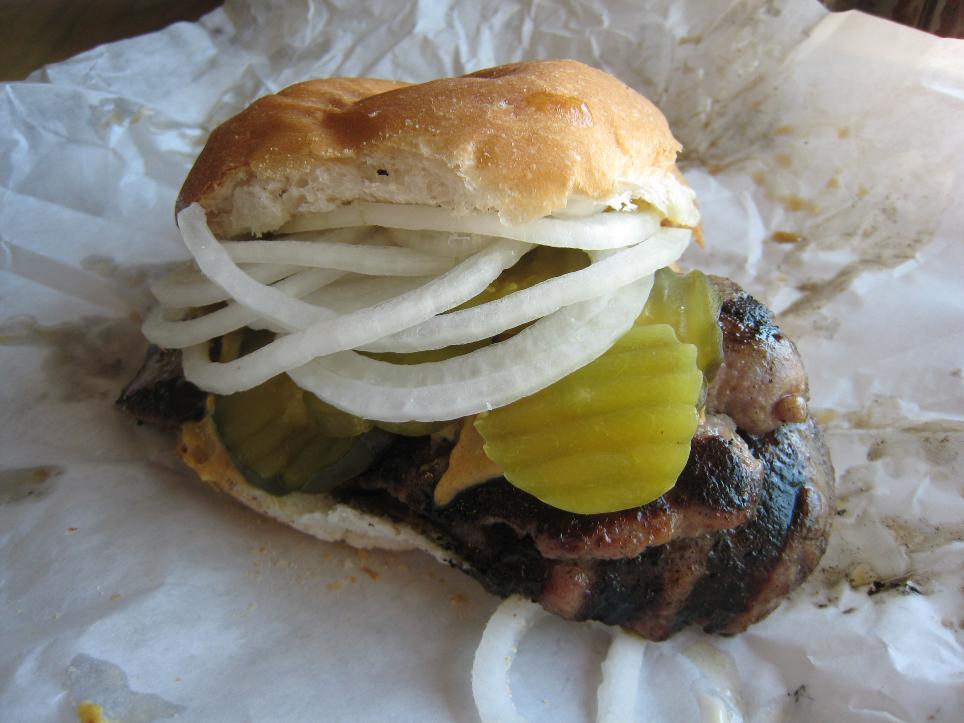“For
a thousand years in your sight are like a day that has just gone by,
or like a watch in the night.” Psalm 90:4
When my father died, the poet Scott Cairns sent me a poem
he’d written at the death of his own father.
Like no other poem I know, it offered—and still does—consolation. Countless times I’ve sent it on to others
who’ve lost parents or friends. It’s
titled “Words for a Father,” and it begins with “and,” as if we’re probably
overhearing some ideas that have been brewing in our heads for quite some time.
“And this is the
consolation: that the world
doesn't end, that
the world one day opens up
into something
better. And that we
one day open up into
something far better.”
He’s
talking about afterlife, of course—our visions of the eternal, of heaven. None of us know a thing about what the
afterlife will look like, but our differing views (streets paved with gold,
good fishing, no more wind) all share the same basic conviction: there, things will be better. That much for sure: things will be better.
Then
he visits a vision of things, narrating carefully one possible sense of dying:
Maybe like
this: one morning you finally wake
to a light you
recognize as the light you've wanted
every morning that
has come before. And the air
has some light thing
in it that you've always hoped
the air might have.
And One is there to welcome you
whose face you've
looked for during all the best and worst
times of your life.
He takes you to himself
and holds you close
until you fully wake.
There’s
no Mormon Tabernacle Choir, only a sweet light and a single, strangely familiar
face, a maternal God whose welcome is a blessed, wordless calm.
And
then the lines that seem most memorable to me—or certainly were in those days following my father’s dying.
And it seems you've only just awakened, but
you turn
and there we are,
the rest of us, arriving just behind you.
We'll go the rest of
the way together.
What
hurt me most at my father’s death was the sense of his being gone, alone, the
rest of us seated in the church he’d attended his whole life, all of us, his
entire family. To the terror of that
emptiness, Scott’s poem is sweet and grand relief, profiling eternity by
promising us all—my father and his included—that a thousand years in God’s
sight are like nothing at all.
Nothing. We’ll be there soon
ourselves.
That,
is comfort.























